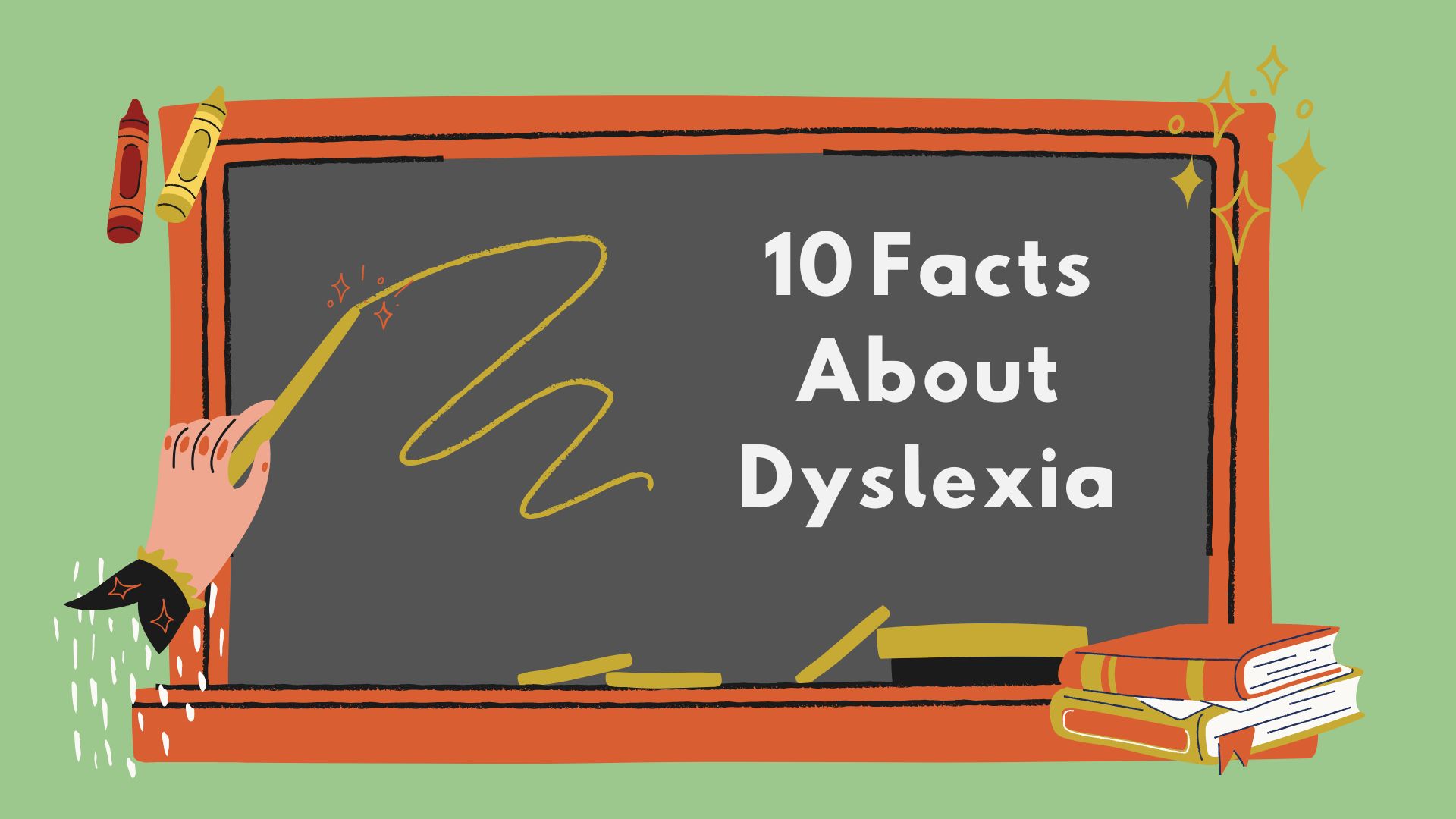Fact #1: Did you know dyslexia is not just flipping letters? According to the Mayo Clinic, Dyslexia can also be called Reading Disability and affects the student’s ability to identify specific speech sounds and correlate them to their corresponding letters and words. It affects the areas of the brain that process language.
Fact #2: Did you know that Dyslexia is more common than you think? An estimated 15% of people have dyslexia. This means that about 1 billion people in the world are affected, and most don’t know they have it!
Fact # 3: Dyslexia is not tied to IQ. Einstein was dyslexic, and he had an estimated IQ of 160!
Fact #4: Dyslexia has nothing to do with not working hard enough! Many people with dyslexia are misdiagnosed as lazy or poorly taught. What often happens after many failed attempts at reading, writing, or spelling tasks is that the students succumb to a kind of defense mechanism. They would rather not try and fail than try their best and feel they are not good enough. Most of these students do not understand that it is not their fault.
Fact #5: Retaining a child with dyslexia (holding them back a year) will not improve their academic performance. Studies show that holding a student with dyslexia back one year will not help them catch up to their peers. Their same struggles will persist until the root of the problem is dealt with. Students with dyslexia may need differentiated intervention to overcome their struggles in the classroom.
Fact #6: There are warning signs early on. The Mayo Clinic says that if your child: experiences late talking, learning new words slowly, confusing or reversing sounds in words when speaking, trouble remembering letters, numbers, and colors, or difficulty learning nursery rhymes and playing rhyming games before they begin school, they may be showing early signs of dyslexia.
Fact #7: Children with dyslexia are also at risk of having other learning disabilities. Children with dyslexia are also commonly diagnosed with attention-deficit/hyperactivity disorder (ADHD). ADHD affects the child’s ability to hold sustained attention. For this reason, it is essential to obtain a full Psychoeducational Evaluation if you suspect that your child may have dyslexia.
Fact #8: It may be genetic. Studies show that in some families, dyslexia is inherited. Some studies have discovered some genes that may predispose an individual to dyslexia.
Fact #9: Early identification is critical! It is difficult to determine whether the intervention will work for everyone, but the prognosis is typically good when an individual has an early diagnosis and intervention. It also helps when the individual’s family is supportive.
Fact #10: With appropriate and differentiated instruction, people with dyslexia can overcome it and learn almost anything! This one speaks for itself. People with dyslexia have just as much potential and ability as anyone else on the planet, and they need teachers and therapists who are open to adjusting the way they teach to match the student’s learning style.
SOURCES: American Dyslexia Association, The International Dyslexia Association, The Dyslexia Center, The Dyslexia Foundation, The Child Mind Institute, The Mayo Clinic


